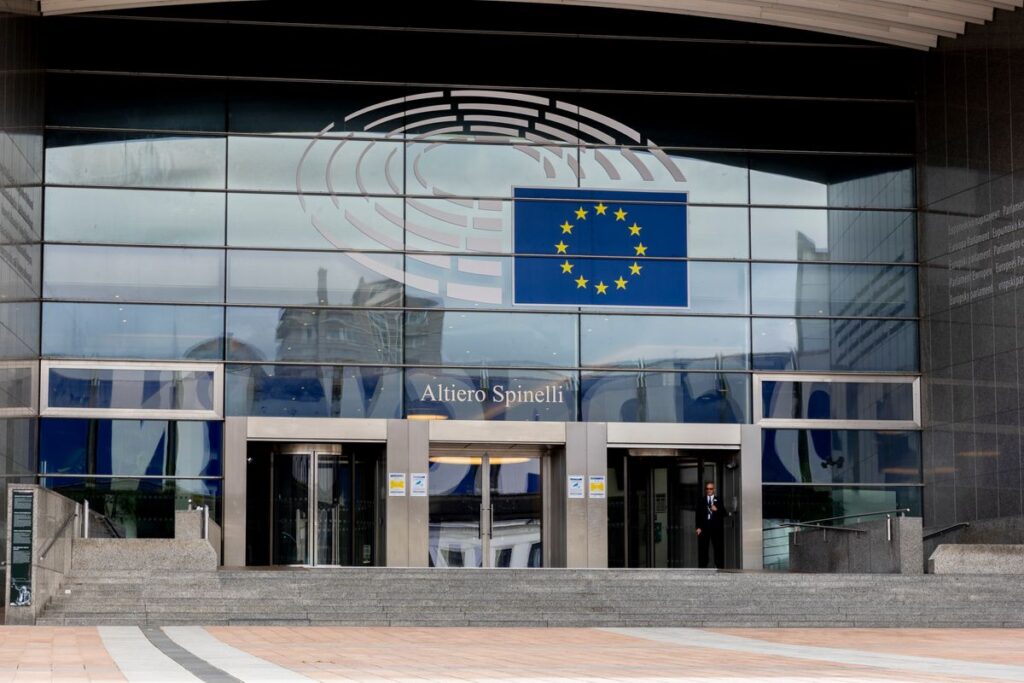Speaking at last week’s Metals Recycling Event at Donnington Park near Derby, Emmanuel Katrakis, secretary general of the European Recycling Industries’ Confederation (EuRIC) indicated he was ‘optimistic’ that such measures could be added when further revisions are made to the package this year.
The European Commission published its proposals for the future of EU waste legislation in December 2015, which included higher targets for recycling, however the proposals have been criticised in some quarters for lacking incentives to encourage the use of recycled materials.
Amendments to the package are currently being drawn up which will be voted on by MEPs in the European Parliament in autumn 2016.
Demand
Addressing a conference session on the Circular Economy at the event last week (14 July) Mr Katrakis underlined the importance of the inclusion of ‘pull measures’ – designed to stimulate demand for recycled products – within the legislation.
Mr Katrakis added that EuRIC is currently involved in lobbying MEPs to represent the organisation’s desire to see pull measures added to proposals.
He said: “Pull measures are vital to move towards a circular economy simply because today recycled materials’ net environmental benefits are not valued by markets.
“This market failure needs to be corrected to stimulate the demand for recycled materials and their use by manufacturers as well as to level the playing field with virgin materials.
“These pull measures are missing from the current circular economy package and EuRIC is today at the heart of the debate to ensure that their crucial importance is accurately understood and properly reflected in the final legislation.“
‘All stick, no carrot’
Speaking during the same panel session, Graeme Carus, director of business development at European Metals Recycling (EMR) echoed Mr Katrakis’ call for ‘demand side’ measures to stimulate recycling, commenting that existing mechanisms are “all stick and no carrot.”
Mr Carus outlined projects being undertaken by EMR to increase the capture of recyclable and recoverable material from end of life vehicles, which includes work alongside MBA Polymers to capture over 20 polymers of plastics and work with Chinook Sciences on a gasification plant to handle non-recyclable ‘shredder residues’ from the car scrappage process.
Commenting on the difficulty in finding end uses for plastics recovered through the ELV recycling process, Mr Carus said: “In plastics there is a credibility gap. Manufacturers don’t want to use it [secondary plastics]. They have exacting quality standards.”

He added: “This is why we need to stimulate demand for recycled materials. We need to give manufacturers reason to use these materials. We need to move these higher up the recycling chain.”
While much of the conference focussed on the likely impact of the UK’s decision to leave the European Union, some doubts were raised over the impact that any new legislation coming from Europe, including the Circular Economy package, could have on UK businesses.
Negotiation
Also speaking at the event, Adrian Hawkes, policy director at producer compliance scheme Valpak, who noted that unless major changes are made to existing UK legislation – the likely exit from the EU will result in no direct changes to law around waste and recycling.
He also said that until the UK officially begins the process to leave the Union, it will continue to be involved in the European law-making process, including work on the Circular Economy.
“We have been speaking to government officials who say that the UK will participate as a full member in the discussions until something changes,” Mr Hawkes explained, but warned that the UK may not have as much influence at the negotiating table. “Understandably the influence will be diminished,” he added.








Subscribe for free